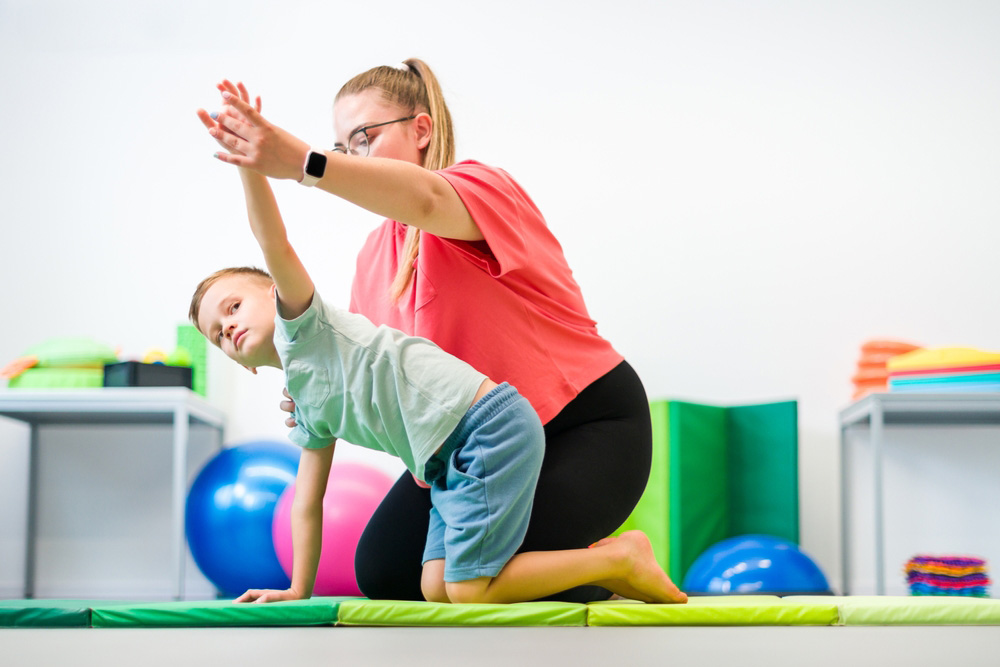Have any questions
With years of experience in the medical field, our team provides professional and knowledgeable support to meet all your healthcare needs.
Occupational therapy (OT) is a healthcare profession focused on helping people of all ages gain or regain the ability to participate in everyday activities or occupations that are meaningful to them. Occupational therapists work with individuals who may have physical, developmental, emotional, or cognitive challenges that affect their ability to engage in daily life activities.

The goal of occupational therapy is to enable individuals to live as independently and fully as possible. Therapists assess a person's abilities and challenges, and then work collaboratively with them to develop strategies, adapt environments, provide therapeutic activities, and recommend equipment that can help improve their ability to perform daily tasks, such as self-care, work, and leisure activities.
Overall, occupational therapy aims to enhance quality of life and promote health and well-being through personalized interventions that focus on each person's unique needs and goals.





With years of experience in the medical field, our team provides professional and knowledgeable support to meet all your healthcare needs.